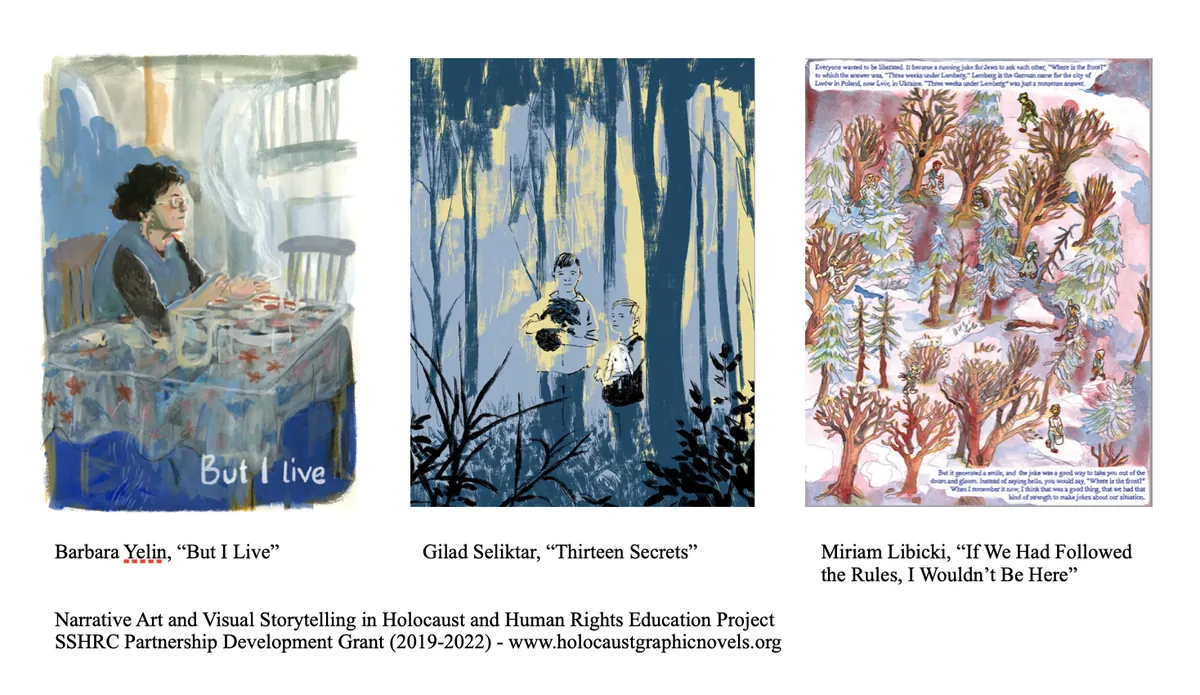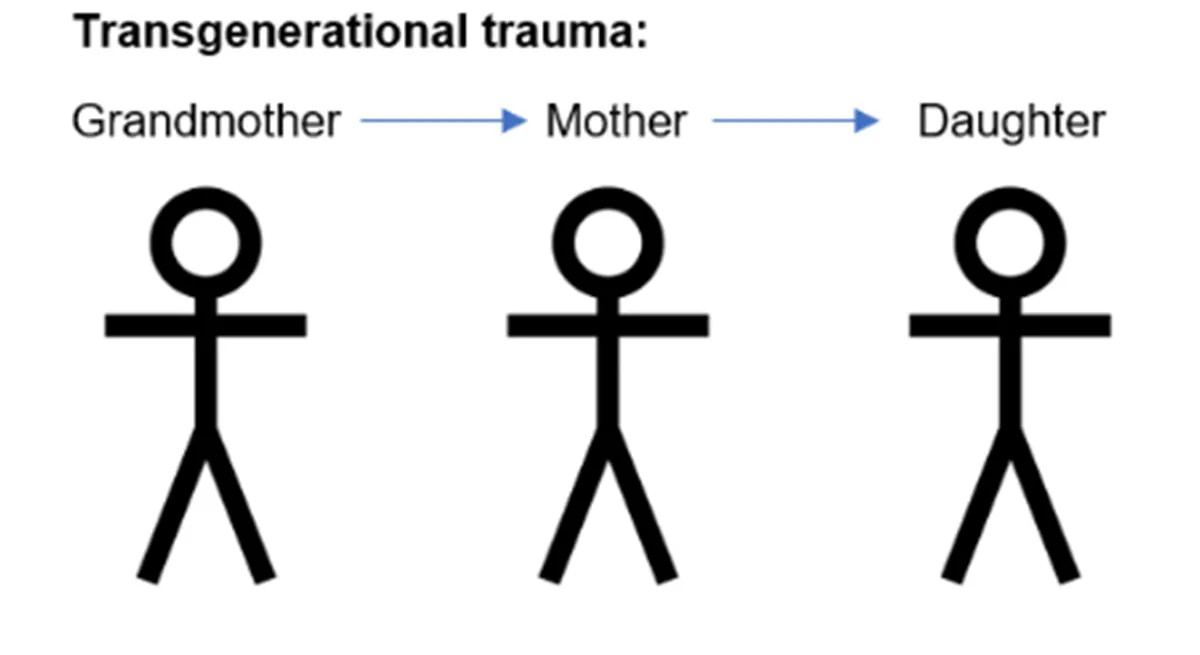Graphic Memoir Explores Holocaust Legacy and Jewish Identity
Ari Richter's "Never Again Will I Visit Auschwitz" delves into family history, trauma, and Jewish identity through art and text. The book offers personal reflections on Holocaust remembrance and its impact on future generations.

Ari Richter's graphic work "Never Again Will I Visit Auschwitz: A Graphic Family Memoir of Trauma & Inheritance" offers a unique exploration of Holocaust legacy and Jewish identity. While not a traditional memoir, the book weaves together personal experiences, family history, and broader themes of trauma and remembrance.
Richter, grandson of Holocaust survivors and son of therapists, grew up in Tampa, Florida. His work touches on various aspects of Jewish experience, including epigenetic trauma, visits to Holocaust sites, and the concept of tikkun olam (repairing the world). The author grapples with his family's past while contemplating what it means to be Jewish in today's world.
One of the book's strengths lies in its portrayal of ancestral memories. Richter skillfully incorporates his grandfathers' recorded and written accounts of the Holocaust, using varied lettering styles and visual elements to annotate and enhance their stories. This approach aligns with Toni Morrison's view of memory as an act of willed creation, demonstrating both effort and creativity in preserving family history.
The artistic elements of the book serve to amplify its narrative power. Richter employs a range of visual techniques, from realistic drawings to surreal imagery. For instance, he depicts inherited trauma through a bloody illustration of cheek-biting, and transforms a family tree into a representation of Jewish trauma.

However, the book's treatment of Holocaust remembrance in Germany and Poland lacks depth. While Richter's personal experience at Auschwitz resonates, his exploration of Polish-Jewish relations feels rushed and incomplete. The absence of contemporary Polish Jewish voices limits the nuance of this discussion.
A notable omission is the lack of examination of Holocaust remembrance in Israel, despite references to family connections to the country. Given Israel's significant role in shaping Holocaust memory and its impact on global politics, this absence is particularly noticeable.
The book concludes on a personal note, with Richter reflecting on passing on his Jewish heritage to his children. He shares a Jewish pregnancy superstition, noting that instead of congratulations, many say, "May it happen in a good hour." This sentiment echoes his grandfather's wisdom about not allowing hatred to harden one's heart, as Richter contemplates preparing for a brighter future despite ongoing challenges.
"The haters have won if they succeed in hardening your heart."
While "Never Again Will I Visit Auschwitz" may not provide a comprehensive picture of Holocaust remembrance, it offers a thoughtful and deeply personal exploration of Jewish identity, family legacy, and the ongoing impact of historical trauma. Richter's work serves as a valuable contribution to the dialogue on how we remember and process difficult histories while looking towards the future.


































